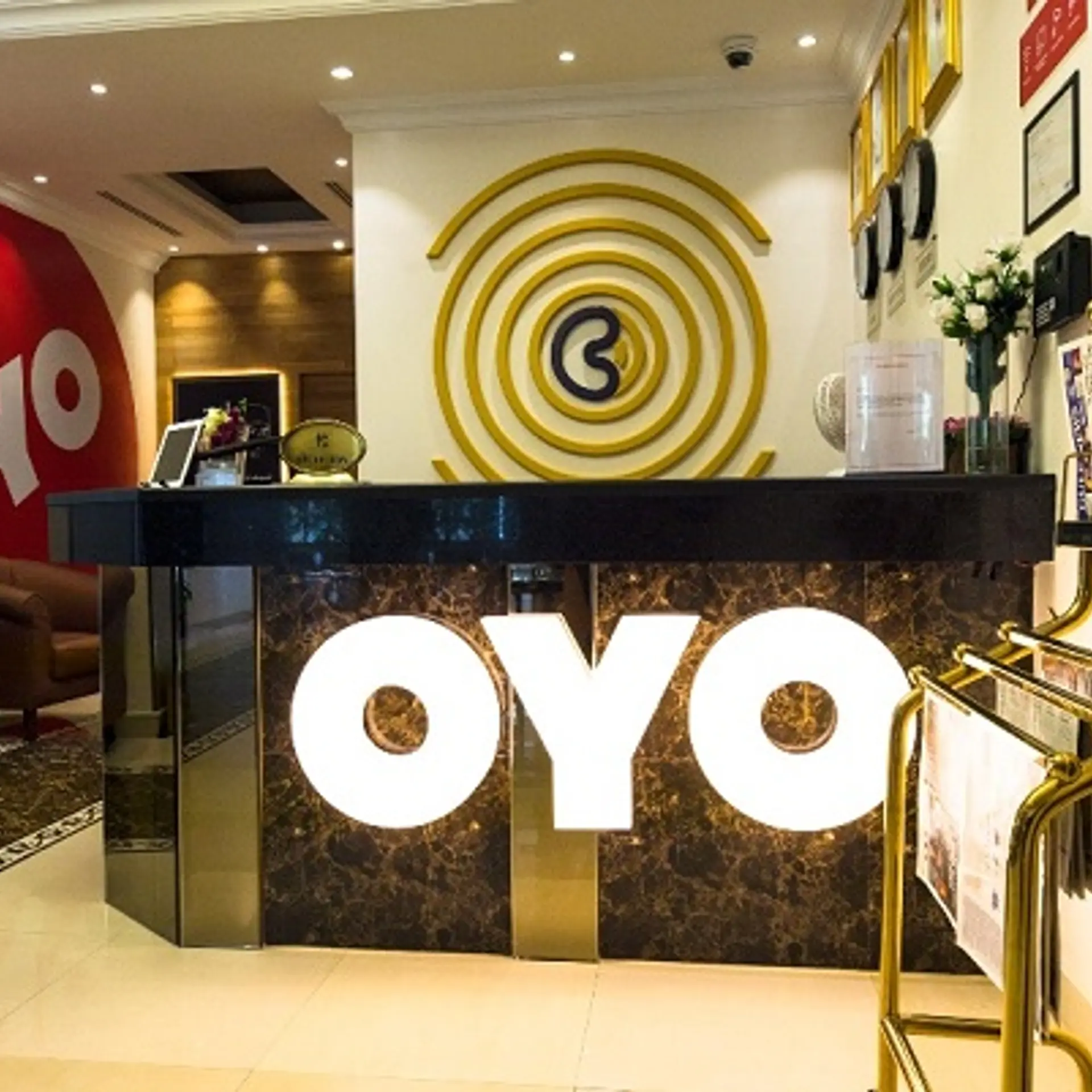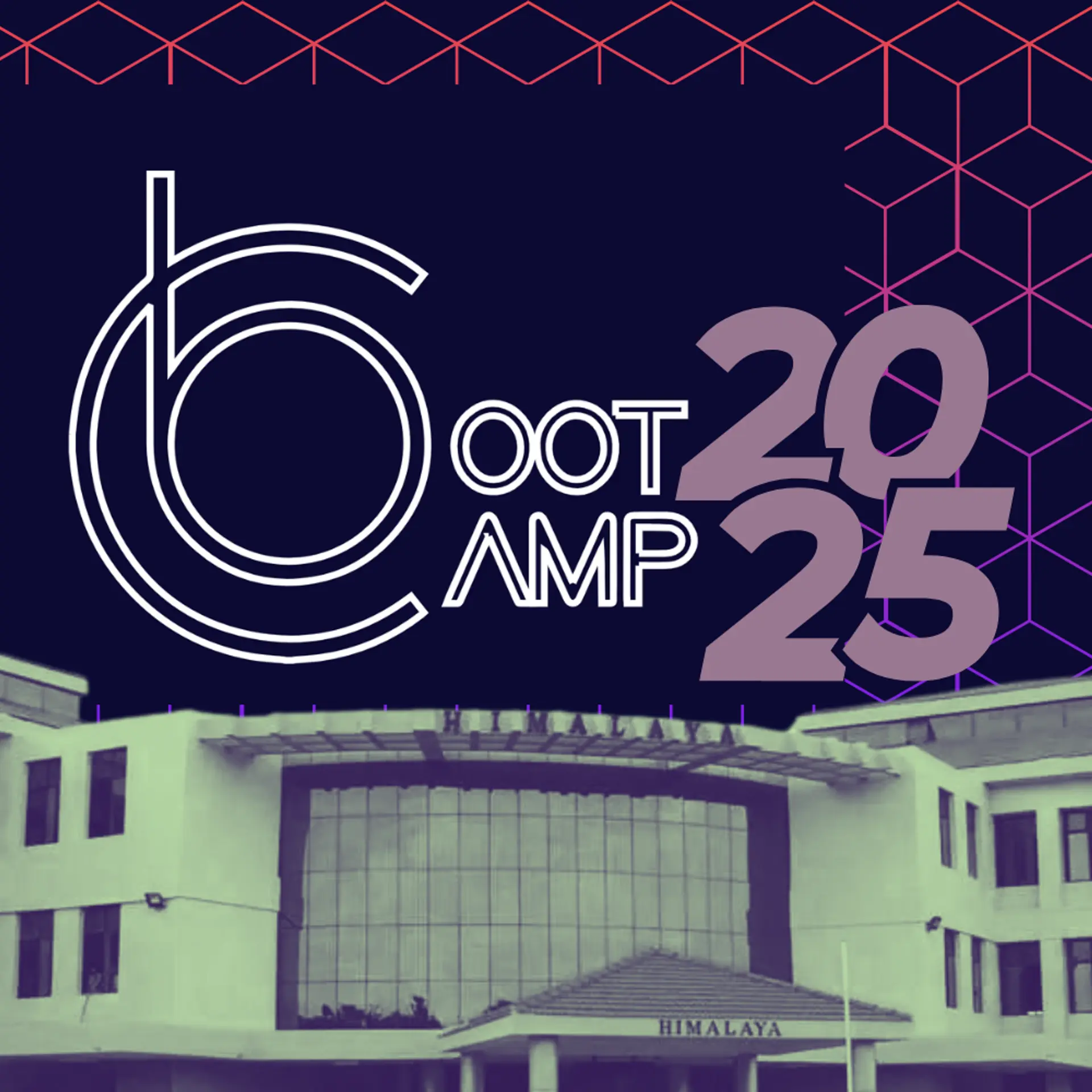How ABB India took analytics into the metals industry
ABB India is evolving into a technology company that harnesses its industry knowhow.
Last month, ABB India announced the completion of two process digitalisation projects in Maharashtra.
The first was at the steel melt shop and rolling mills of Sunflag Iron and Steel Company in Bhandara, while the second was at the steel melt shop of JSW Steel in its Dolvi Works plant.
Both deployments were based on ABB Ability, a trademarked data analytics platform that enables real-time and data-driven decisions in traditional industries. “As an open platform, it allows us to custom-build applications,” Vinod C, Business Head (Process Industries), ABB Process Automation in India, tells EnterpriseStory.
ABB India, which generated operational revenue of Rs 5,821 crore in 2020, is recasting itself as a technology company. In 2019, it demerged its power grid business, which now trades on stock exchanges as ABB Power Products and Systems India. In the same year, ABB India launched the Ability platform for metals.
“Metal manufacturers are under constant pressure to find new and improved ways to enhance operations and reduce costs,” Vinod says.
“In India too, there are ample opportunities for enhancing process control, cost and energy efficiency, and reducing environmental impact with complete workflow visibility,” he adds.
ABB Ability collects and analyses data from a variety of subsystems and devices in a metals plant to provide an integrated view of operations in real time. It also paves the way to use machine learning to optimise plantwide operations or specific process areas.
ABB India’s process automation division contributed 22 percent (or Rs 1,285 crore) to revenue in 2020, according to its annual report. The processes portfolio includes industry-specific products and lifecycle services for customers in metals, mining, aluminum, cement, pulp and paper, among others.
“Pharma companies are accelerating digitalisation using industrial automation or process automation solutions,” Sanjeev Sharma, CEO of ABB India, told equity analysts during the earnings call of its March-ending quarter.
Merging IT with operational technologies
The Sunflag Iron and Steel plant has a production capacity of 500,000 metric tonnes per annum. One of the key requirements was the daily troubleshooting of process and quality issues. “Powerful tools are needed to monitor operations, identify, and diagnose problems, and predict new ones before they cause bottlenecks, unplanned downtime, or unnecessary use of resources,” Vinod says.
But for the long haul, the digitalisation effort will help Sunflag Iron and Steel use machine learning to visualise, analyse and predict plant operations.
At JSW, the digitalisation has helped track the ladle and crane system, and schedule cranes. The cranes transport ladles that are filled with molten iron. The analytics platform helps the company with better maintenance planning. The data is possible because of cameras and image-processing, weighing systems, radar, laser and wireless-based technologies.
According to ABB India, the steel melt shop project alone can increase JSW Steel’s profit by around $2 million (Rs 15 crore) annually through higher casting speeds, time savings of one working day per month, and extra output up to 24,000 tonnes a year.
“Digitalisation has the potential to transform the way we work and maximise productivity and efficiency,” Vinod says. “The first major step in any digital journey is to move from islands of automation to one powerful data aggregation and analytics layer.”
For ABB India, the Ability platform has been a way to capitalise on its industrial learnings in India.






